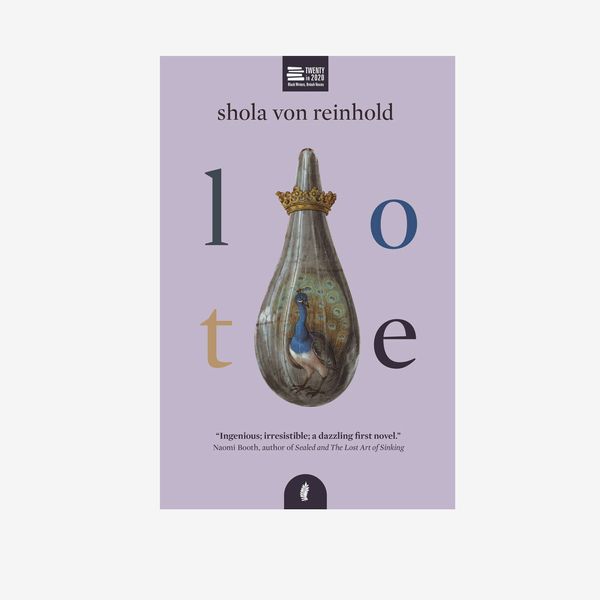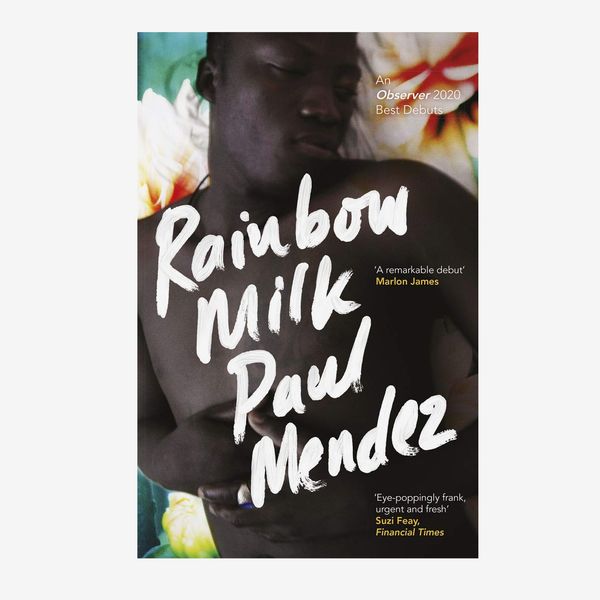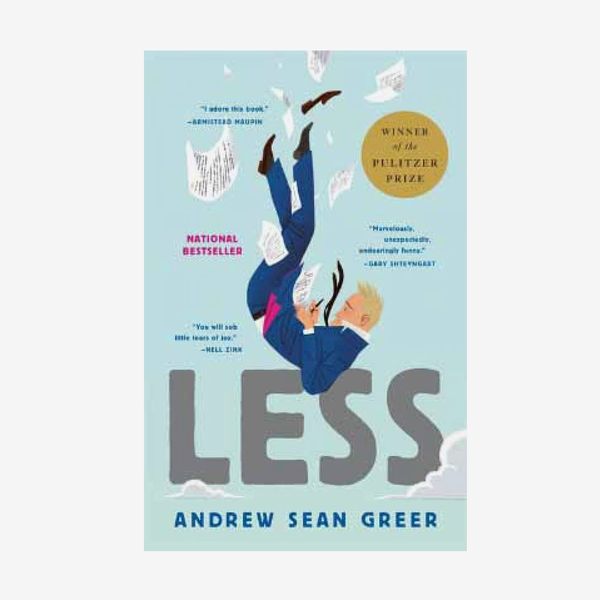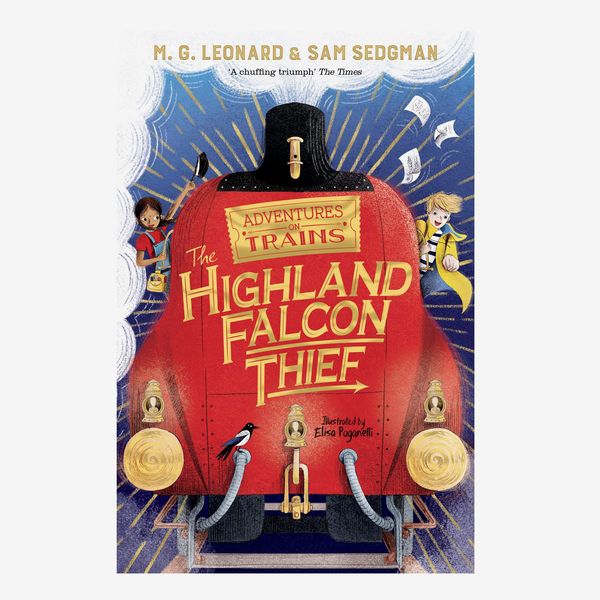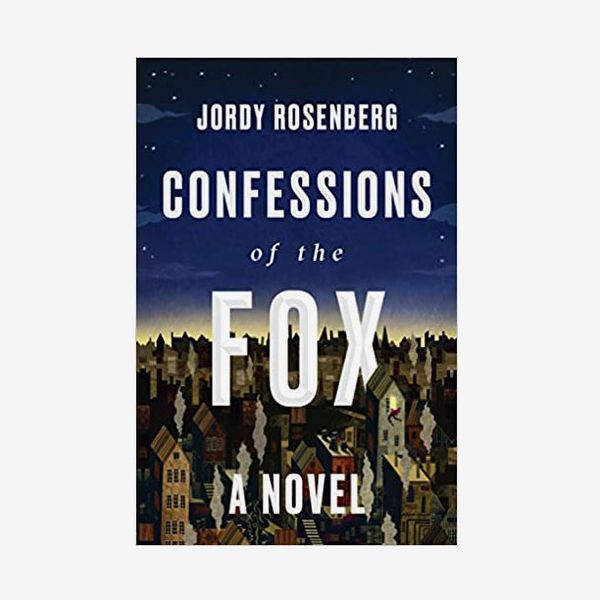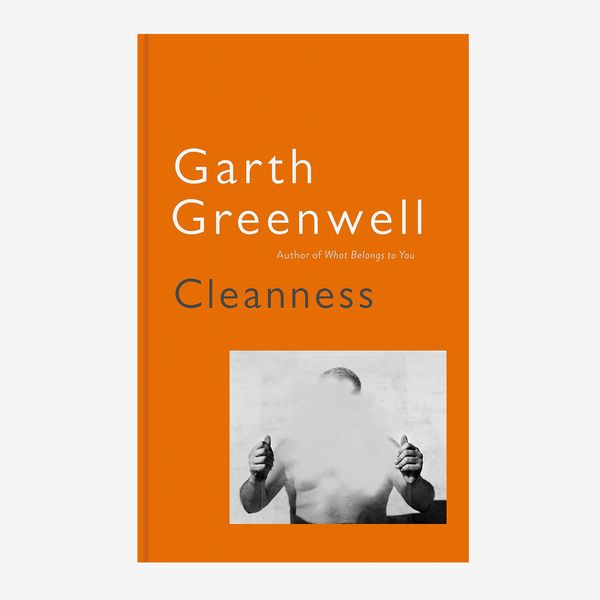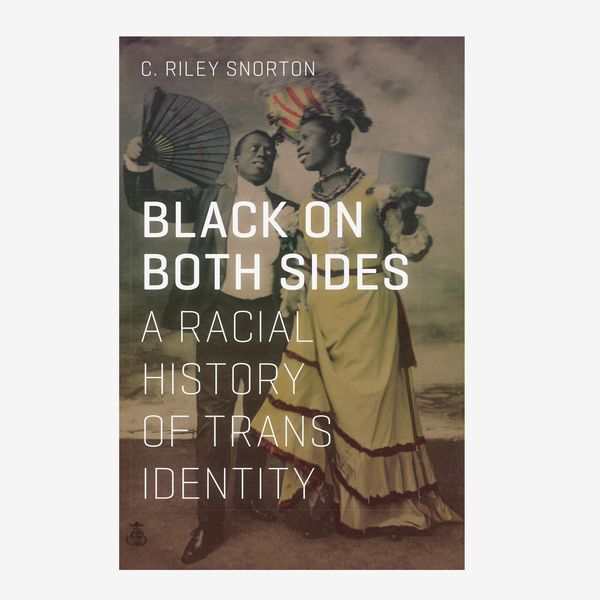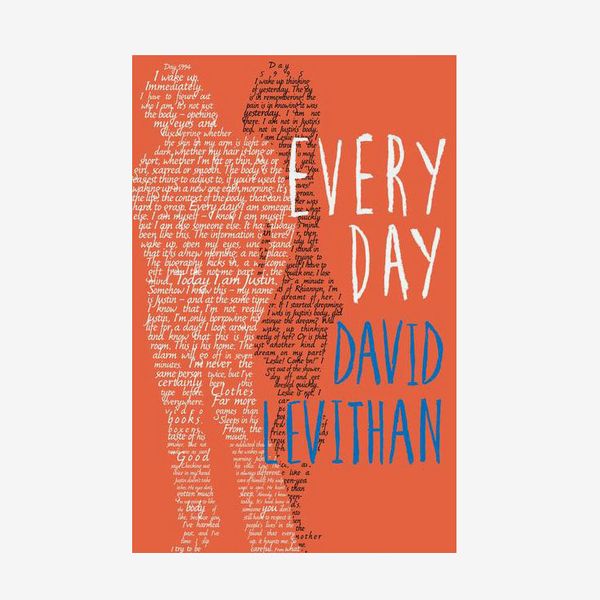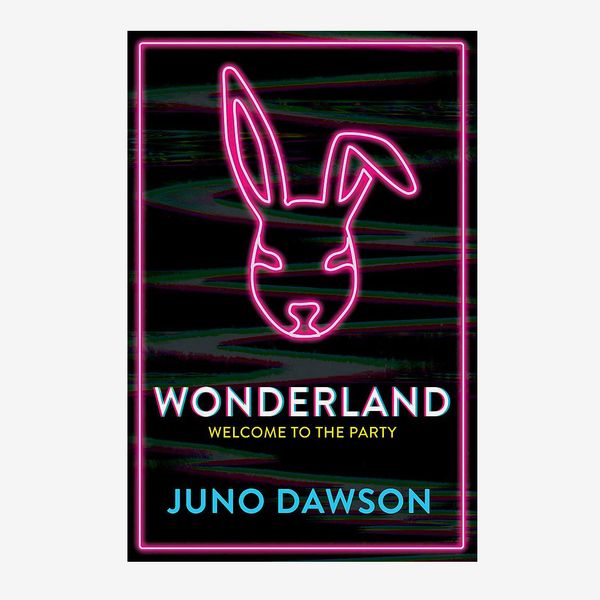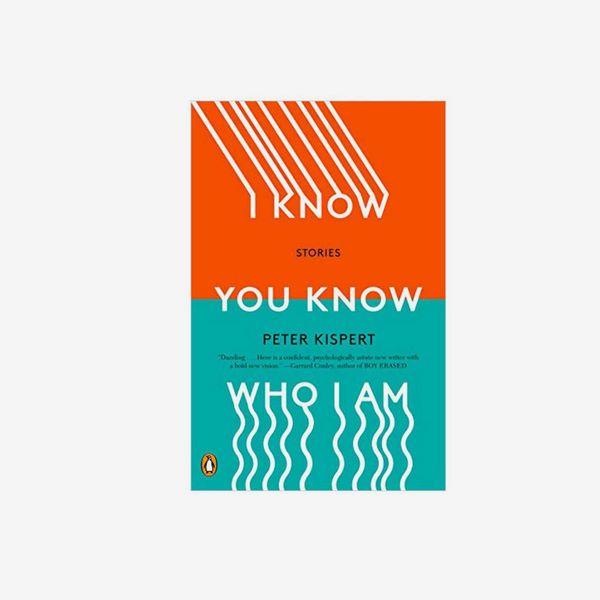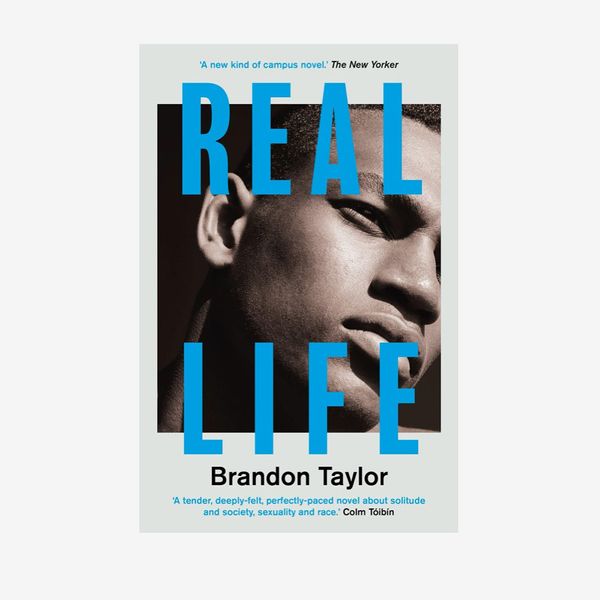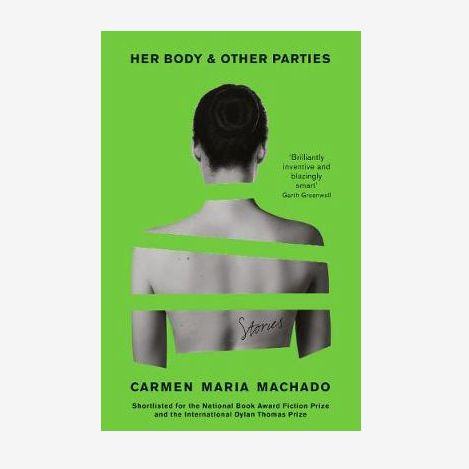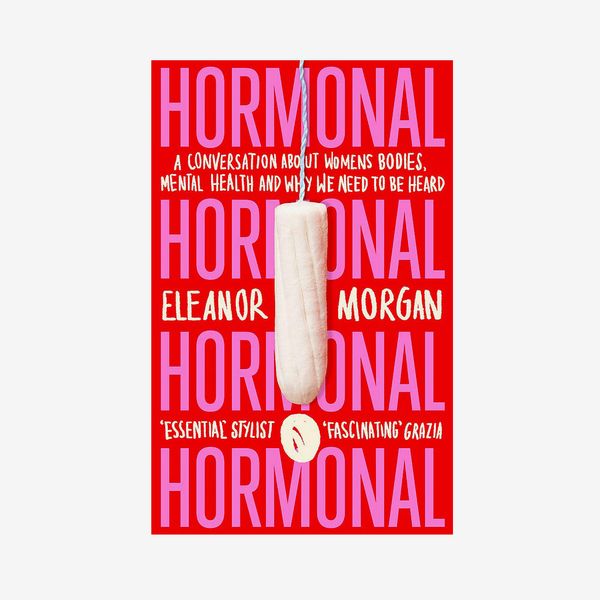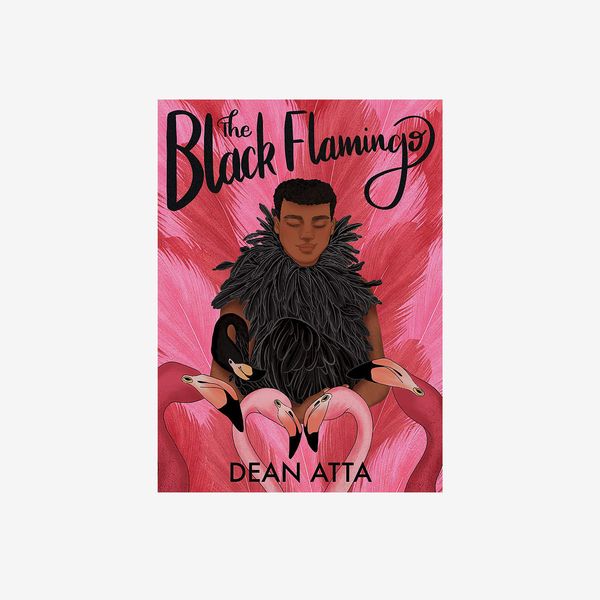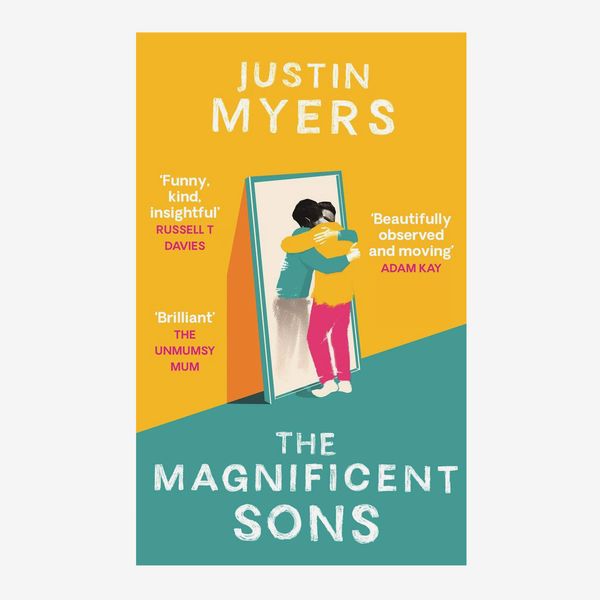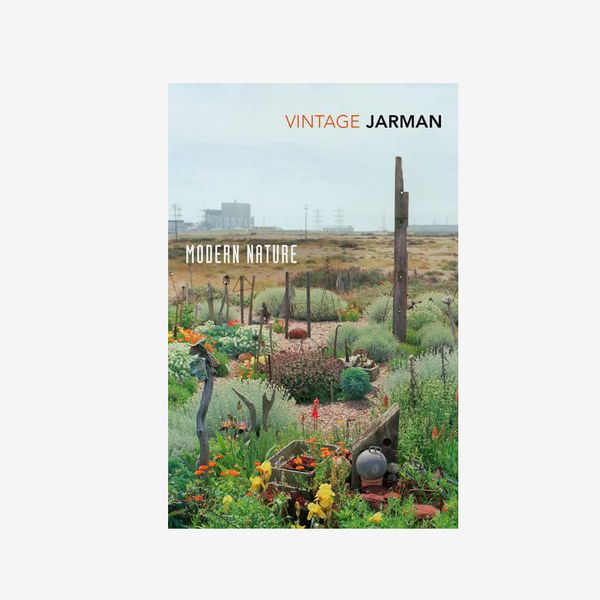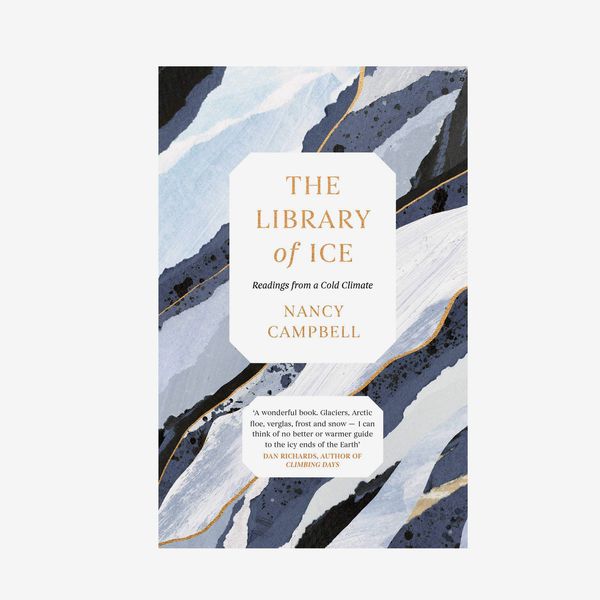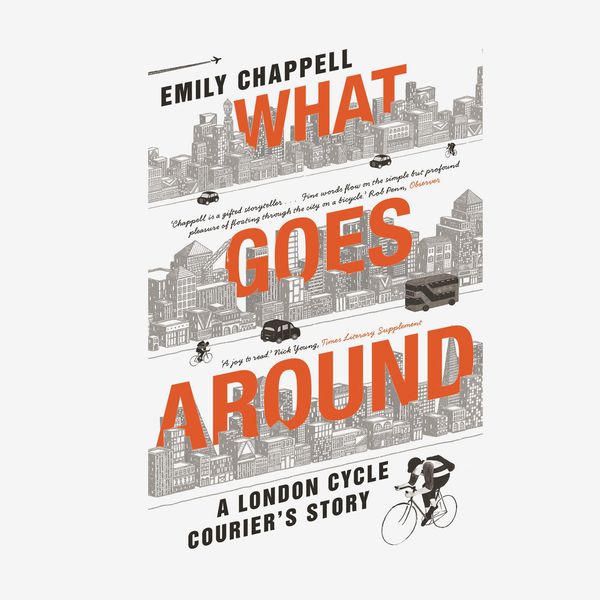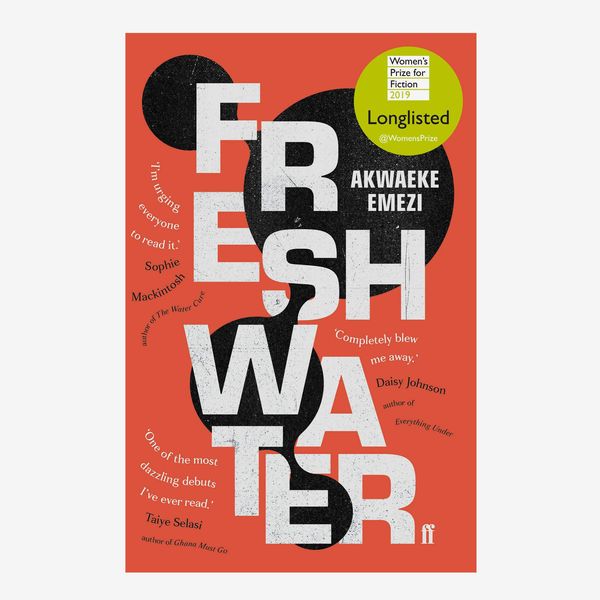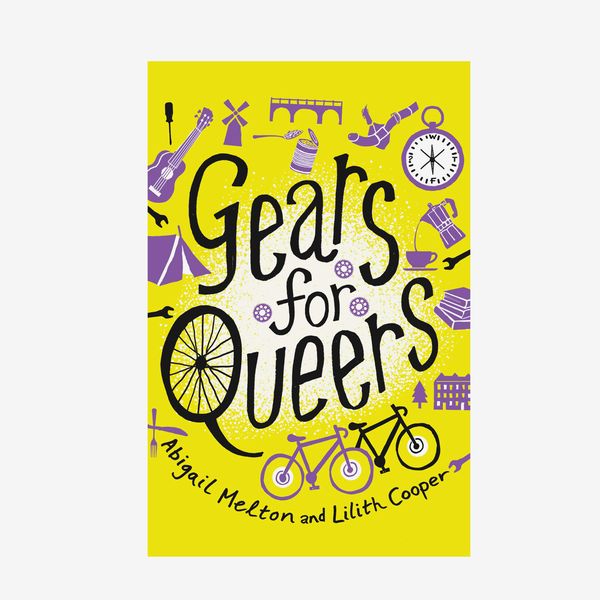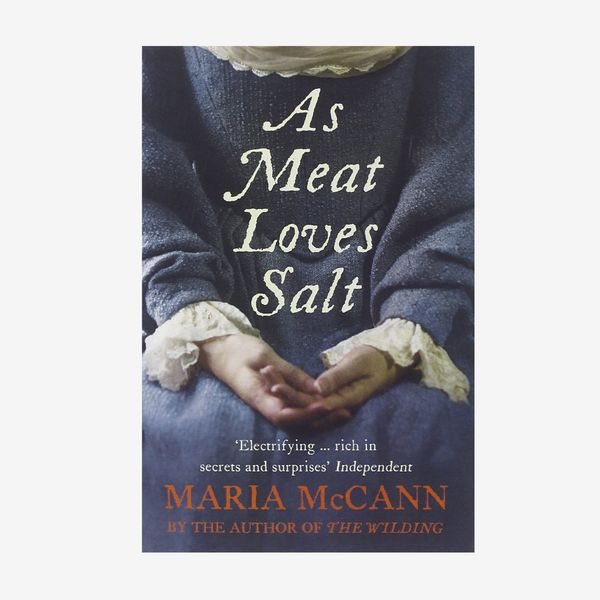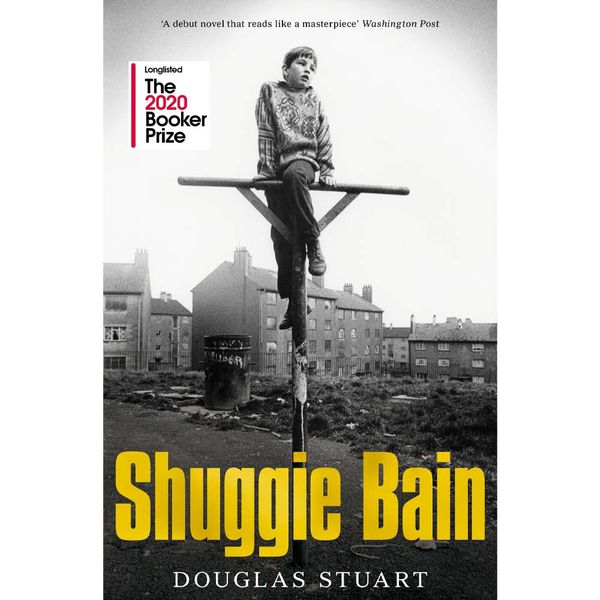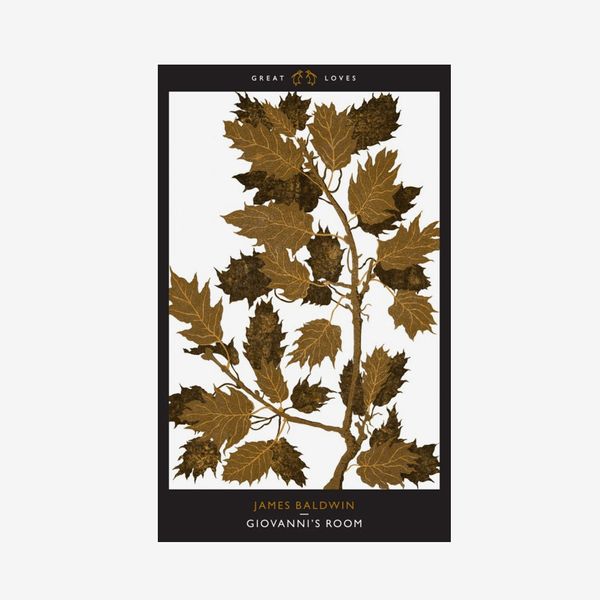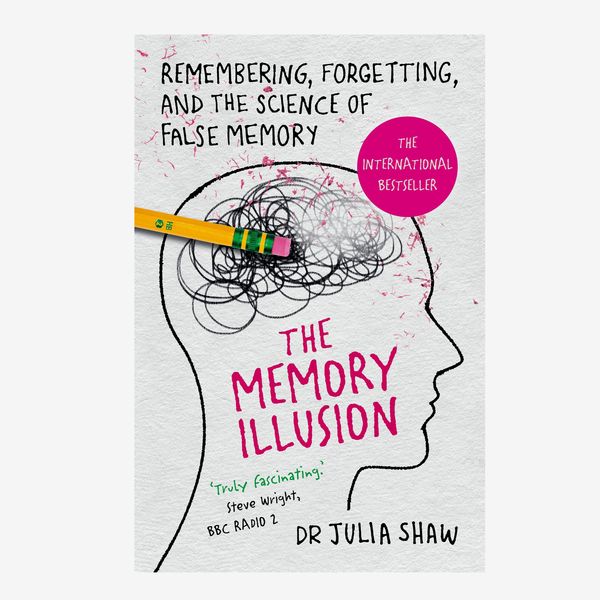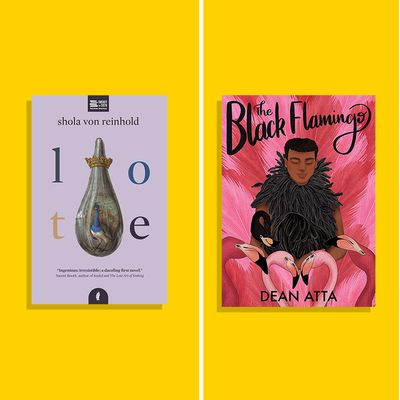
Whether looking for a new title for your book club or just something to take on a mini-break, it’s worth considering work that centers LGBTQ+ experiences. And while there has been an increase in queer narratives being published, readers still want stories that are as diverse as possible.
“It feels obvious to say, but it’s vital that we champion diverse stories — because everyone deserves to see themselves reflected in the books they read,” says Jenn Thompson, co-founder of Cipher Press, an independent publisher of queer fiction and nonfiction. “It’s also massively important that people read outside of their own experiences — art and literature is meant to explore and reflect the world we live in.”
Thompson continues: “The queer community is as diverse as the straight world, and really only a tiny part of the queer experience is being championed.”
But if you’re looking to build out your bookshelves, whether you prefer romance, coming of age, or nonfiction, where should you start? We spoke to 13 LGBTQ+ writers and authors — including Travis Alabanza, Paul Mendez, Juno Dawson, and Garth Greenwell — to find out their favourite books that center working-class queer narratives, intersect Blackness and transness, and frame queerness through Afrocentric perspectives.
New! You can now save this product for later.
Author Paul Mendez, whose debut novel, Rainbow Milk, follows 19-year-old Jesse McCarthy as he grapples with his racial and sexual identities, recommends this book by Shola von Reinhold. The book focuses on Mathilda, a working-class Black gay woman in present-day London. “[She] becomes obsessed — as I now am — with the (sadly fictional) forgotten Black Scottish modernist poet Hermia Drumm and blags a place at an artist’s residency in the small European town where she once lived. An inspirational, cutting, exquisitely written, multilevel excavation of forgotten Black lives and an Afro-queer celebration of art, aesthetics, literature, and society.”
New! You can now save this product for later.
New! You can now save this product for later.
“Joy is in short supply in the queer canon, but this slender masterpiece is a refreshing delight,” says Sam Sedgman, author of the Adventures on Trains series of mystery books. “It follows hapless author Arthur Less, running away from his ex-boyfriend’s wedding by throwing himself an impromptu world tour. A globe-trotting adventure, satire, romp … I devoured it like ice cream at the beach. But Less is no less significant for being fun. Although its protagonist is turning 50, the novel is really a coming-of-age story. Arthur struggles to navigate a phase of life most gay men have no road map for — and learns, eventually, to fall in love. Less is also a master class in technique — it’s impossibly deft and annoyingly clever. A novel that doesn’t fully reveal itself until it’s ready. And when it does, it’s as perfect as you’d hoped.”
New! You can now save this product for later.
New! You can now save this product for later.
“Confessions of the Fox is among the most inventive and ferociously intelligent novels I have read in many years,” says Garth Greenwell, author of What Belongs to You and Cleanness. Confessions of the Fox, written by literary academic Jordy Rosenberg (who specialises in queer/trans theory), reimagines the 18th-century thief Jack Sheppard as a trans man, and, via a story-within-a-story framework, takes the audience through a series of Sheppard’s romantic affairs, misadventures, and crimes. “This book is many things: a very sexy 18th-century romp, a satire of (and elegy for) higher education in the 21st century, a profound meditation on the moral stakes of archives, and a reclamation of histories that have been brutally suppressed,” he says.
New! You can now save this product for later.
New! You can now save this product for later.
During lockdown, Travis Alabanza, a poet, writer, and performance activist, revisited this book by C. Riley Snorton, a scholar, author, and activist who is currently professor of English language and literature at the University of Chicago. Black on Both Sides is an intersection of Blackness and transness that examines how race has figured prominently into trans subjects. “Rereading it reminded me how much of my own work comes from reading this book,” explains Alabanza whom the Guardian called “the future of theatre” in 2019 for their work, which has explored harassment and colonisation. “So much of Black and trans writing is out in separation, against odds, as antithesis. Riley’s book was fundamental in my own understanding that these things do not exist in antithesis to each other — that I am, in fact, whole.”
New! You can now save this product for later.
Juno Dawson, author of books including Wonderland and Meat Market, recommended this David Levithan book, calling it his “most compelling” piece. “Each day, a person, known only as A, wakes up in a different body. They are fine with this until they start to fall in love … could someone love them back when they have a different body every day?” The book is a New York Times best seller and, says Dawson, “is really about love and an exploration of identity. What makes you you? Without ever mentioning the word trans, it’s a very trans story, as A’s bodies are irrelevant to their character.”
New! You can now save this product for later.
New! You can now save this product for later.
Brandon Taylor, author of Real Life (which counts Roxane Gay and Jeremy O. Harris as fans), recommended this debut collection by Peter Kispert. “It’s rare to encounter such a poised voice and consistent vision in a debut collection, but more than that, it was just a real pleasure to read,” he says. The book is “a sharp collection of stories about the ways we deceive ourselves and others. Kispert absolutely nails the anxieties particular to contemporary queer life in a range of modes, from the melancholy to the hilarious. It has all the hallmarks of a modern classic.”
New! You can now save this product for later.
New! You can now save this product for later.
Eleanor Morgan, author of Hormonal: A Conversation About Women’s Bodies, Mental Health, and Why We Need to Be Heard, says this short-story collection was the only book she finished during lockdown. “The stories are wildly original, both in their experimentation with form and the themes therein. Death and sex death are foundational, and the erotic boldness made my head spin — including some of the best-written lesbian sex I’ve read in a long time,” she says. Carmen Maria Machado, an American short-story writer, essayist, and critic who has written for The New Yorker, among other places, “manages to interrogate the way sexual violence is turned into prime-time viewing on one page, then write about ghosts and girls with bells for eyes on another,” says Morgan, “with such peppery, lyrical sentences that make even the most surreal turns gripping. It’s very funny, very queer, totally brilliant.”
New! You can now save this product for later.
New! You can now save this product for later.
Author Justin Myers, a.k.a. the Guyliner, a columnist and author of The Last Romeo and The Magnificent Sons, recommends this book by Dean Atta. “The Black Flamingo isn’t just a coming-of-age story. It’s a masterful, evocative, imperative snapshot of our time — who we are today, and everything we could be, if we gave ourselves a try,” he says. The book, which is told in verse, focuses on Michael, born in London of Jamaican and Greek-Cypriot heritage, and follows him from the age of 6 to 19. “We see him work out that he’s different, that he’ll have to work harder than others to find his place in the world, while navigating societal pressures around race, gender, sexuality, drag, love, and friendship. Dean Atta’s beautiful verse, alongside wonderful illustrations by Anshika Khullar, draw you into Michael’s world, and though I’m (way) older than him, with a different journey, The Black Flamingo acts, at times, like a mirror. Emotionally, there are plenty of gut punches, but there’s also warmth, wisdom, and hope,” Myers says. “Read it.”
New! You can now save this product for later.
New! You can now save this product for later.
In the 1990s, filmmaker, artist, and activist Derek Jarman was one of the few public figures to be open about being HIV positive. “I bought Modern Nature in 1996, two years after his death,” says poet and writer Nancy Campbell, author of travel memoir The Library of Ice. “As a teenager looking for queer role models, this artist’s journal gave me everything I needed: pathos, sex, art, history, and hope. Jarman’s discovery he was HIV positive in 1986 prompted him to create a garden at his cottage on the barren coast of Dungeness in the shadow of a nuclear-power station. In Modern Nature, his lyrical appreciation of seasonal changes in the shifting seaside landscape are woven in with an understanding of human nature: his life as an artist, his experience of living with HIV, and a riotous witness account of the gay-liberation movement.”
New! You can now save this product for later.
New! You can now save this product for later.
Abigail Melton and Lilith Cooper are the authors of Gears for Queers, which details their cycling expedition from Amsterdam and Spain. Melton recommended this memoir by fellow cyclist Emily Chappell. “It’s written beautifully — Emily has a voice that’s poetic, that captures the pace, stillness, joy, and community of cycle couriering, and brings the streets of London to life,” she says. “It is also super-gay! What Emily summons is the archetypal ‘coming-to-the-city story’ but told for queer women, and it holds its own amongst others of that cannon.”
New! You can now save this product for later.
Cooper, meanwhile, chose this debut novel by Ibo and Tamil author Akwaeke Emezi about a woman grappling with her many selves. “Ada is an ogbanje and is grappling with how to exist as multitudes, as gods, confined to a human body that hasn’t died as ogbanje normally would and that experiences the things that come with being human, including family, trauma, and gender,” she says. “Non-Nigerian readers may have come across ogbanje before in the first of Chinua Achebe’s “African Trilogy,” Things Fall Apart, but this personal and powerful understanding of what it is to exist as one tore me apart and remade me. I read it in one sitting, on a cycle tour, and posted it home to return to again and again.”
New! You can now save this product for later.
New! You can now save this product for later.
Douglas Stuart, author of the 2020 Booker Prize–nominated Shuggie Bain, recommends this “darkly violent” book by Maria McCann. “I seek to find queer representation in historical fiction,” he says. “This is a story of love and anger, set at the time of the English civil war. Jacob Cullen is a possessive young man who has treated his new bride appallingly. Seeking to cleanse himself in the war, he battles across England and falls for a fellow soldier, the sensitive Christopher Ferris. Although all is passion at first, the book brings home the profits of Jacob’s earlier brutality, and wrath and obsession consumes all the love between the two men. But it is the meticulous historical detail that makes this book so immersive. This, for me, is a pure pleasure read — and I think I might be a little in love with the protagonist — poor, troubled Jacob.”
New! You can now save this product for later.
New! You can now save this product for later.
Dr. Julia Shaw, a psychological scientist at UCL and author (whose books include The Memory Illusion and Making Evil), says this is an essential read “for those who are not bisexual but want to know what it feels like.” Giovanni’s Room was first published in 1956, “but it’s as current today as ever, showcasing the myriad internal and external struggles common to those in the community who felt like they just don’t really fit in anywhere. It made my little bisexual heart sing and cry and feel connected to others who feel sexually ‘in between.’” The book explores the story of two men who fall in love, and, adds Shaw, “it’s beautiful and emotional; it sweeps us up in a whirlwind, and tragic, romance, one that makes us think about what it means to live between cultures; living in the disorienting areas between homosexual and heterosexual, masculine and feminine, American and European.”
New! You can now save this product for later.
The Strategist UK is designed to surface the most useful, expert recommendations for things to buy across the vast e-commerce landscape. Read about who we are and what we do here. Our editors update links when possible, but note that deals can expire and all prices are subject to change.
